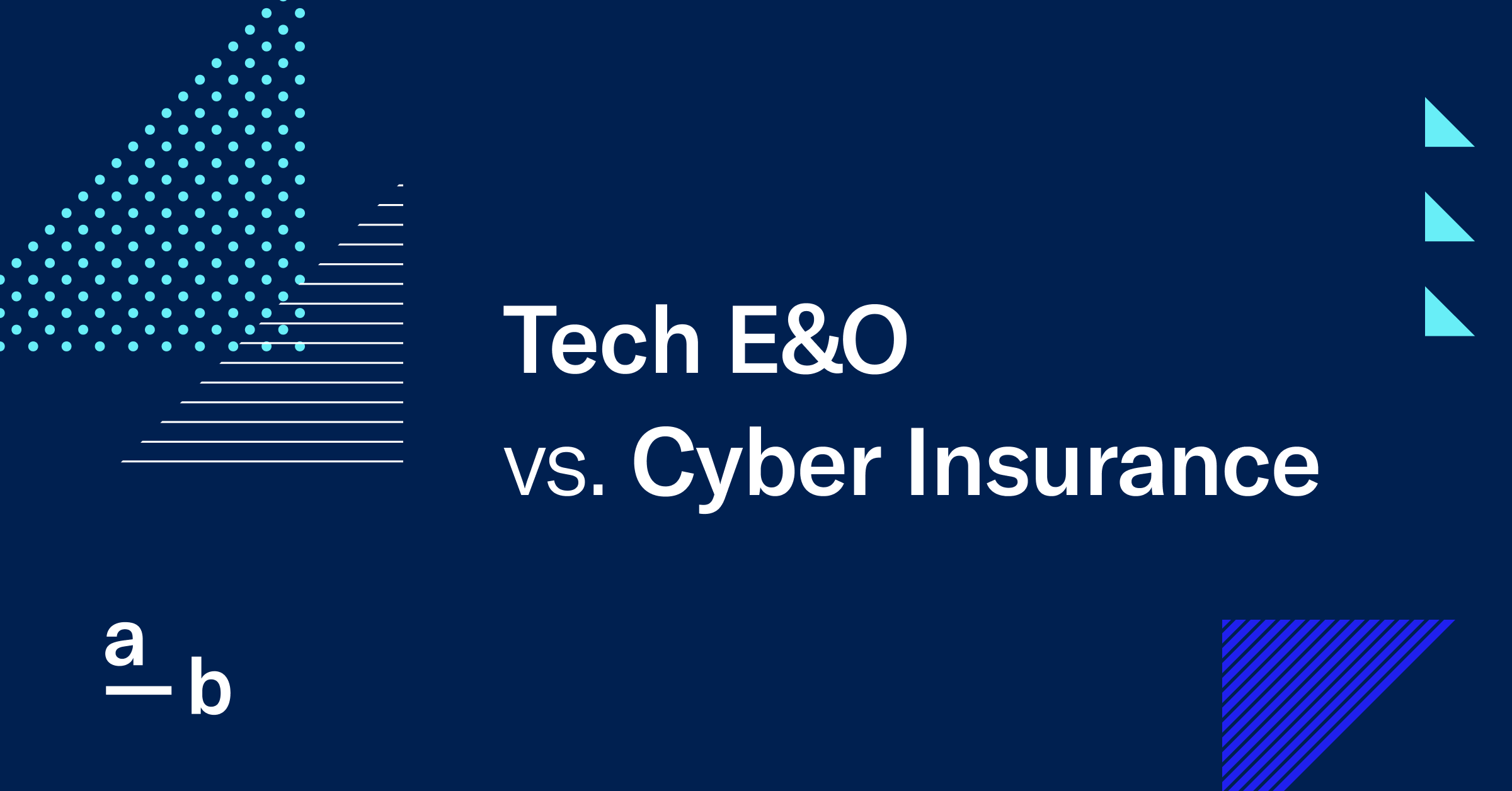
Cyber Liability Insurance
Definition:
Cyber Liability Insurance is designed to cover the financial risks associated with data breaches, cyberattacks, and other incidents involving data loss or theft. It specifically addresses liabilities that may arise from the compromise of sensitive customer or corporate data.
Key Coverage Areas:
- Data Breach Response:
- Covers the costs associated with responding to a data breach, including forensic investigations, legal fees, notification costs, and crisis management.
- Legal Liability:
- Protects against claims from third parties who suffer loss due to a data breach, such as customers or business partners.
- Business Interruption:
- Provides coverage for lost income and additional expenses incurred if a cyber incident disrupts normal business operations.
- Regulatory Fines and Penalties:
- Some policies may help cover fines and legal costs associated with regulatory inquiries and investigations, such as those stemming from non-compliance with data protection laws.
- Extortion and Ransomware:
- Covers costs and expenses related to cyber extortion events, including ransomware attacks.
Who Needs It?
Any business that handles sensitive information, such as personally identifiable information (PII), payment card information, or proprietary data, should consider Cyber Liability Insurance. This is especially essential for companies in sectors like healthcare, finance, and retail.
Technology Errors and Omissions Insurance (Tech Insurance)
Definition:
Technology Errors and Omissions Insurance protects businesses that provide tech-related services (for example, software developers, IT consultants, and technology vendors) against claims arising from mistakes or failures in their services or products that result in a financial loss for a client.
Key Coverage Areas:
- Errors and Omissions:
- Covers legal costs related to claims of negligence, errors, or omissions in the services or products provided by the insured.
- Breach of Contract:
- Protects against claims alleging that the insured failed to meet contractual obligations, leading to financial losses for clients.
- Intellectual Property:
- Some policies include coverage for accusations of intellectual property infringement, which can be crucial for tech companies.
- Privacy Violations:
- While not as comprehensive as Cyber Liability Insurance, some Tech Insurance policies can cover management of direct privacy claims that arise due to a service failure or breach.
Who Needs It?
Tech Insurance is essential for businesses involved in developing, designing, or supplying technology-related products or services. This includes software companies, IT consultants, and web developers, among others.
Key Differences
| Aspect | Cyber Liability Insurance | Technology Errors and Omissions Insurance |
|---|---|---|
| Focus | Protects against data breaches and cyber incidents | Protects against errors and failures in tech services or products |
| Coverage | Data breach response, legal liability, business interruption | Errors, omissions, breach of contract, IP infringement |
| Target Audience | Businesses that handle sensitive data | Technology service providers and consultants |
| Incident Type | Cyber incidents affecting data or IT systems | Service failures, negligence, or contractual disputes |
| Regulatory Compliance | Often includes coverage for regulatory fines | Typically does not cover regulatory violations unless tied to contractual disputes |
Conclusion
While both Cyber Liability Insurance and Technology Errors and Omissions Insurance are vital to protecting businesses in the technology landscape, they serve distinct purposes. Cyber Liability Insurance addresses the risks associated with data breaches and cyber threats, safeguarding against the consequences of compromised data and operational disruptions. In contrast, Tech Insurance protects technology service providers from claims arising from their work, ensuring they aren’t financially devastated by lawsuits related to performance failures.
Understanding the differences between these two types of coverage is crucial for businesses to tailor their risk management strategies effectively. By securing the appropriate types of insurance, businesses can achieve a comprehensive protection plan that mitigates both cyber risks and operational liabilities associated with technology services.


